Félicité Sonhaye
ATBEF Regional Coordinator
The Association Togolaise pour le Bien-Être Familial (ATBEF), has led a pioneering programme training community health workers to administer contraception in the rural areas where they live.
“The injection is used more than any other method. Around 60% of women use it,” said Félicité Sonhaye, ATBEF Regional Coordinator for Togo’s Plateaux region, which covers Ilama.
“Women appreciate the reliability and long-lasting effects of the injection, which allow them to stop worrying about unexpected pregnancies”, Sonhaye added.
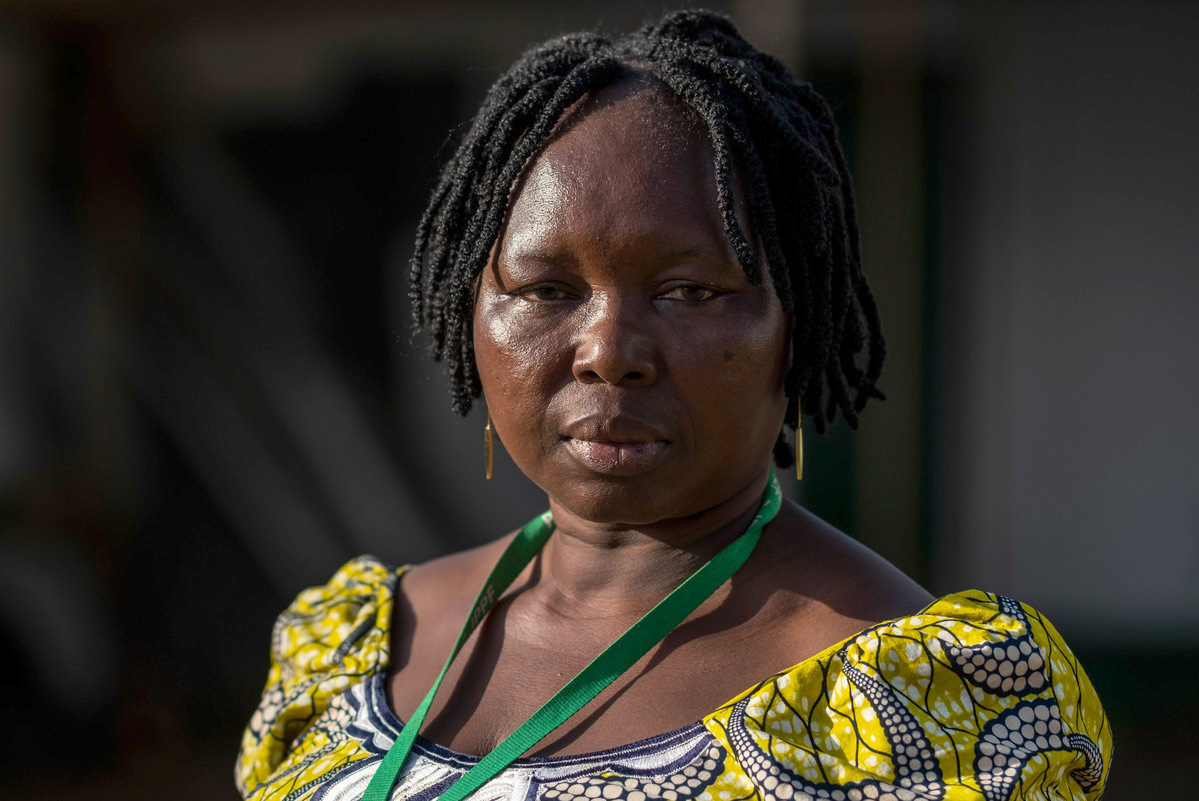
Sossou Sagna
Ilama village chief
Men like Sossou Sagna, have great influence and respect within Togo’s rural communities. As Ilama’s village chief his approval was required for the ATBEF community project to take root.
“I sent my own wife to seek family planning. The lady helped us and it worked really well. I also went with my older brother’s wife and she was very satisfied. Every member of this community is now aware that having a large family drives them towards poverty.
Ignorance was the reason why we had so many children per family here before. Now with the family planning advice we have received, spacing births has become a reality and the reduction of the number of children per family.”
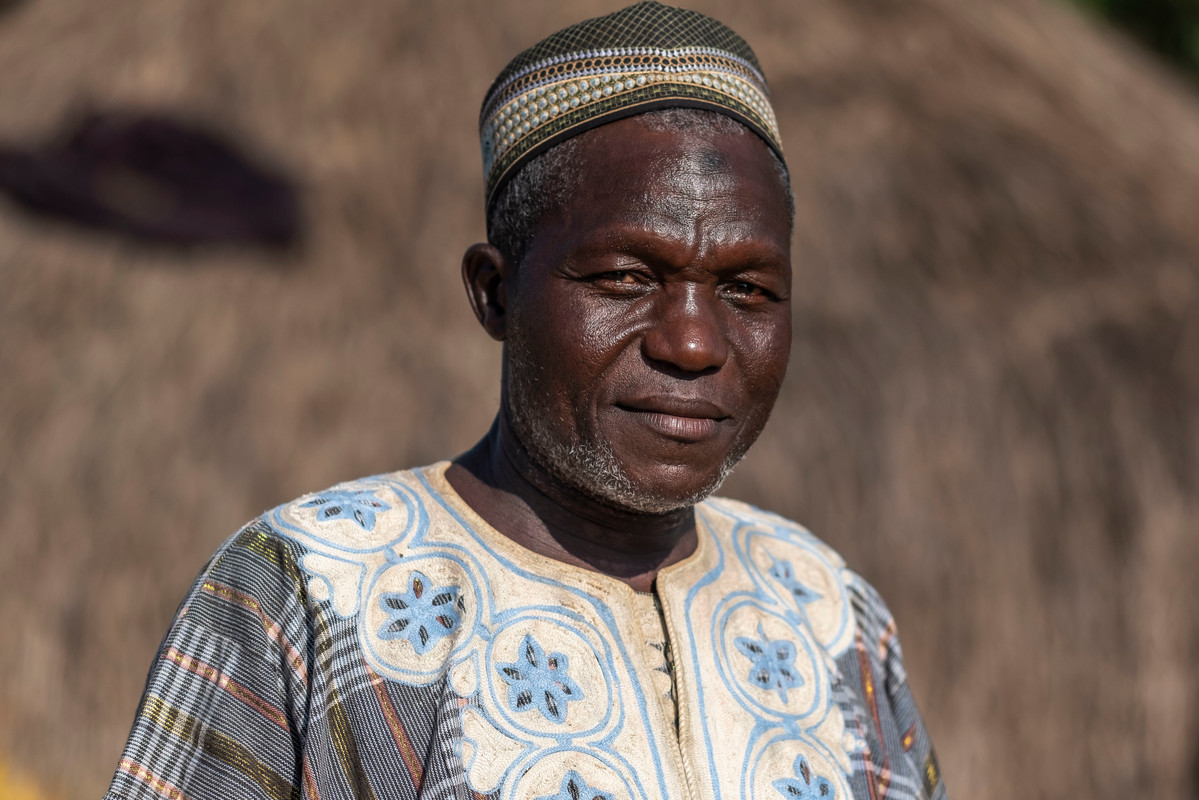
Abla Abassa
Community health worker
Abla is a community health worker, and spends her days cycling around Ilama’s dusty streets visiting households that have signed up to an innovative programme providing contraception in hard-to-reach places.
“Before, people didn’t have a lot of information about contraception. With the project the community is now able to space their births. I have seen the number of children per family going down. That’s contraception but also the increasing cost of living, and the fact that everyone wants to send their children to school.”
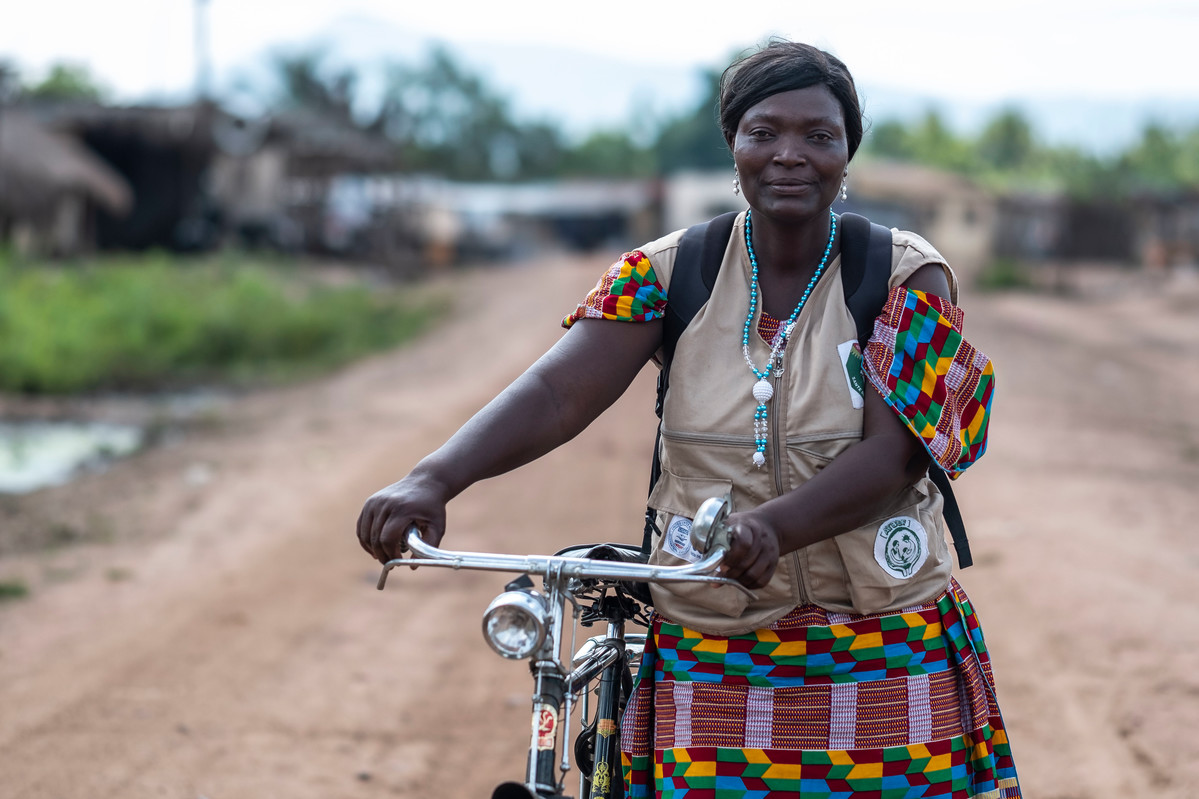
Essivi Koutchona
Client
Facing prohibitive costs of school fees and food prices for six children, Essivi Koutchona, began using the contraceptive injection after deciding with her husband they did not want another child.
She has received the injection every three months and has not experienced any side effects. “The community health worker passed by our house one day and explained the method and a bit about the possible side effects. We agreed as a couple that we wanted me to start using the injection.”
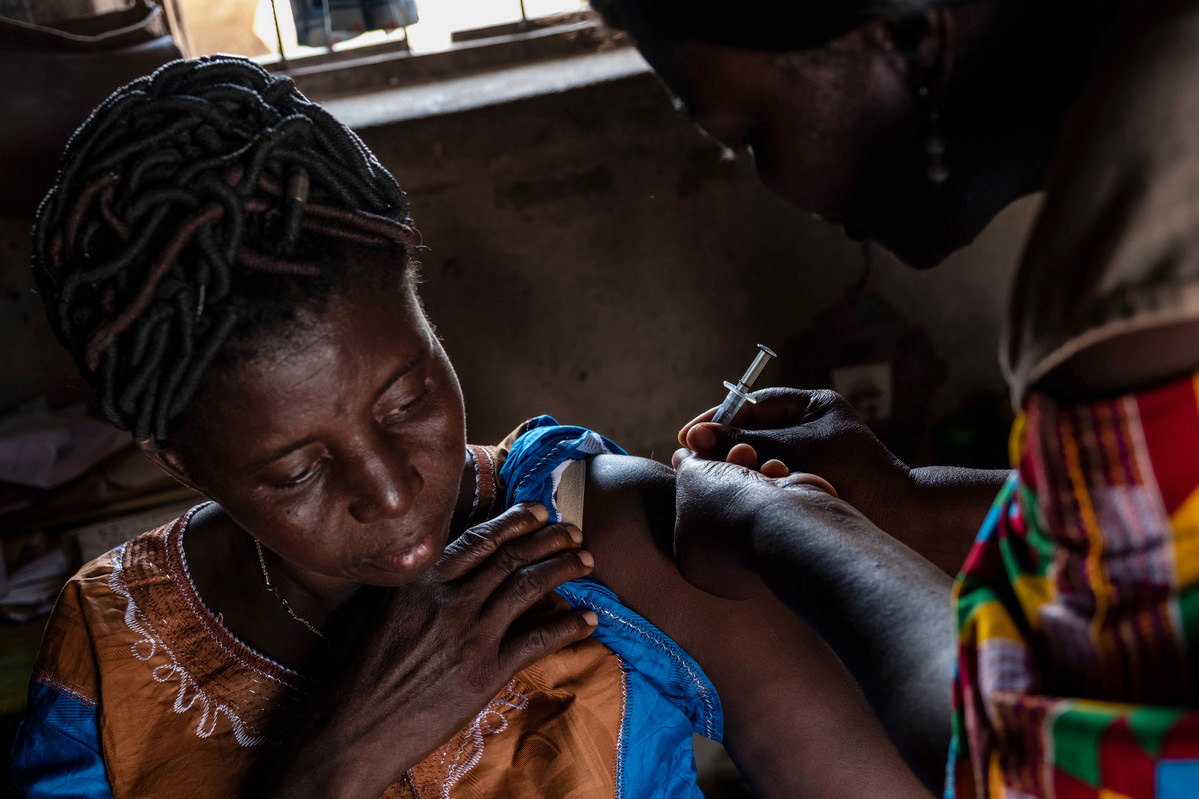
Edem Badagbo
Client
33-year-old Edem is a widowed father of three children. Edem hopes to have a vasectomy within the next month or so. His wife died following the birth of their third child but he is adamant he wants to follow through with a procedure they agreed upon before her death.
“My wife agreed with the idea. I was scared when I first heard of it, but that’s because there was so little information available. When I came to the ATBEF clinic I received a lot more detail and that’s when I decided to do it. I have three children. That’s enough.”

Yaori Ajossou
Vasectomy client
Yaori Ajossou, a retired soldier, heard about vasectomy while listening to an ABTEF awareness raising campaign on the radio. It prompted him to take on the responsibility for family planning in his marriage.
“Before I had the idea that maybe I'd want to have more children, but after the campaign, and after my wife had talked a little bit about her health problems, I thought, well, maybe it's better to put the brakes on. I was about to retire. Why carry on having children? Six children is already a lot. It's already maybe too many.”
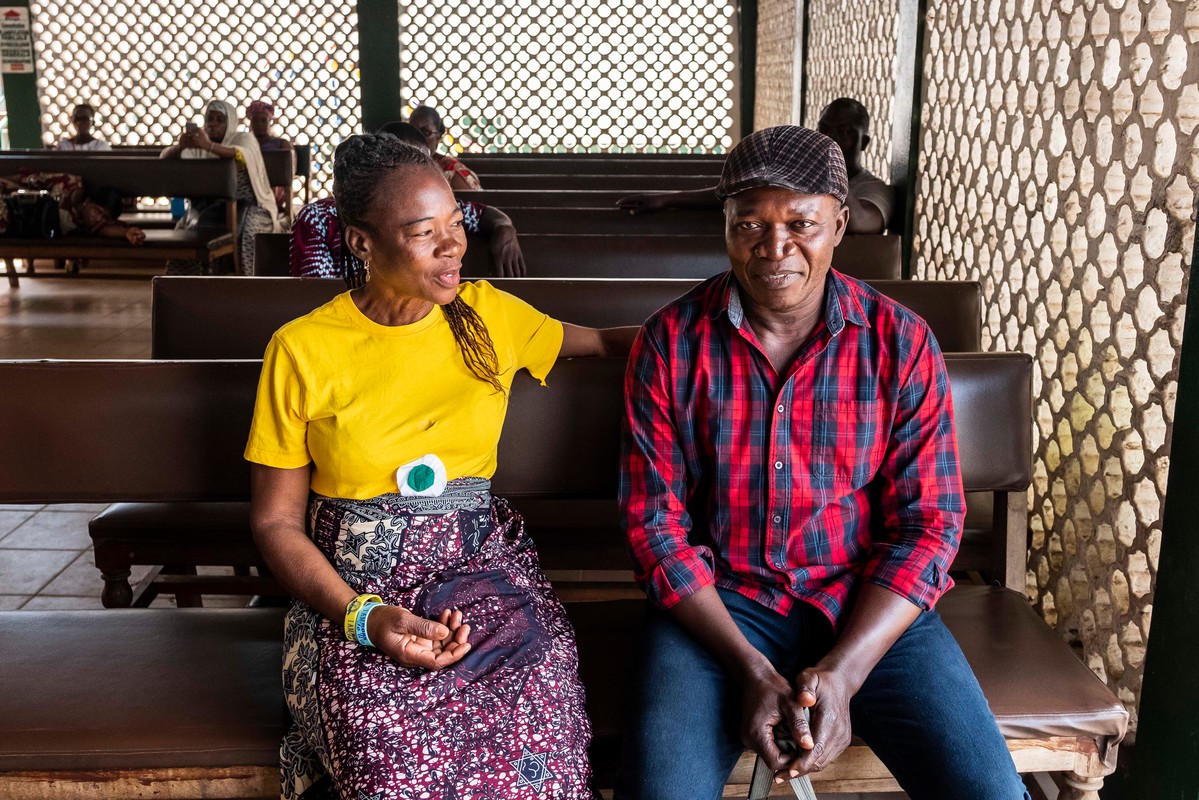
Dede Koussawo
Client
34-year-old Dede visits the ATBEF clinic in Lomé, Togo with her husband, Edem.
“We do this together if his schedule permits it. I asked and he accepted. It's not typical (for men to come). Before the pregnancy, I was taking the pill. Before the first I was taking the pill and I used an IUD after my son's birth and after my daughter's birth as well. We've been really happy with the family planning we've got here so we decided to come here for Prescillia’s birth as well.”
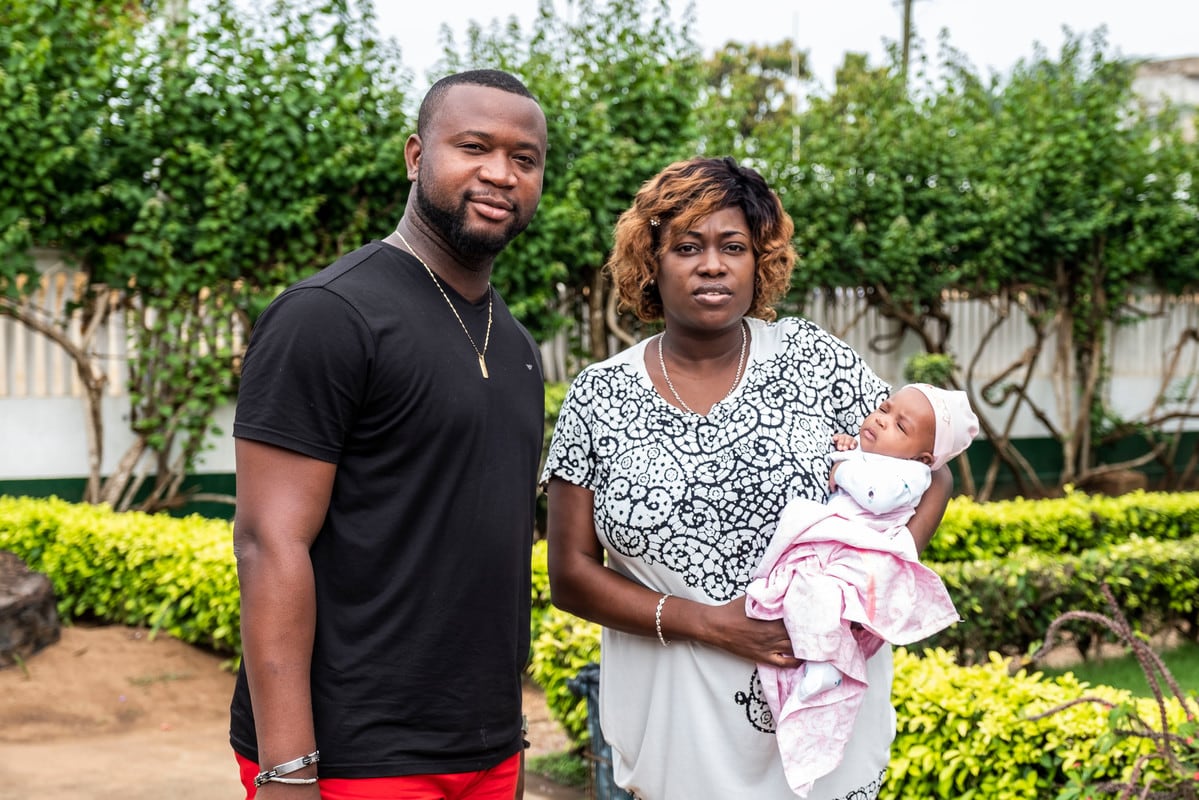
Mensah Awity
Teacher and ABTEF youth club coordinator in Tohoun
Mensah Awity is a teacher at a local school in Tohoun. He also coordinates the ABTEF youth club where they provide information and opportunities for the students to talk about sexual health, pregnancy, contraception.
“At the beginning it was difficult for the club. Now teachers have started accepting the ideas and some pupils behave much better so it’s hard for them to keep condemning it. There are three girls who gave birth and who came back to school afterwards. At the beginning it was tough for them but we explained to the students that they shouldn’t be treated differently. The rate of pregnancy has definitely gone down at school.”
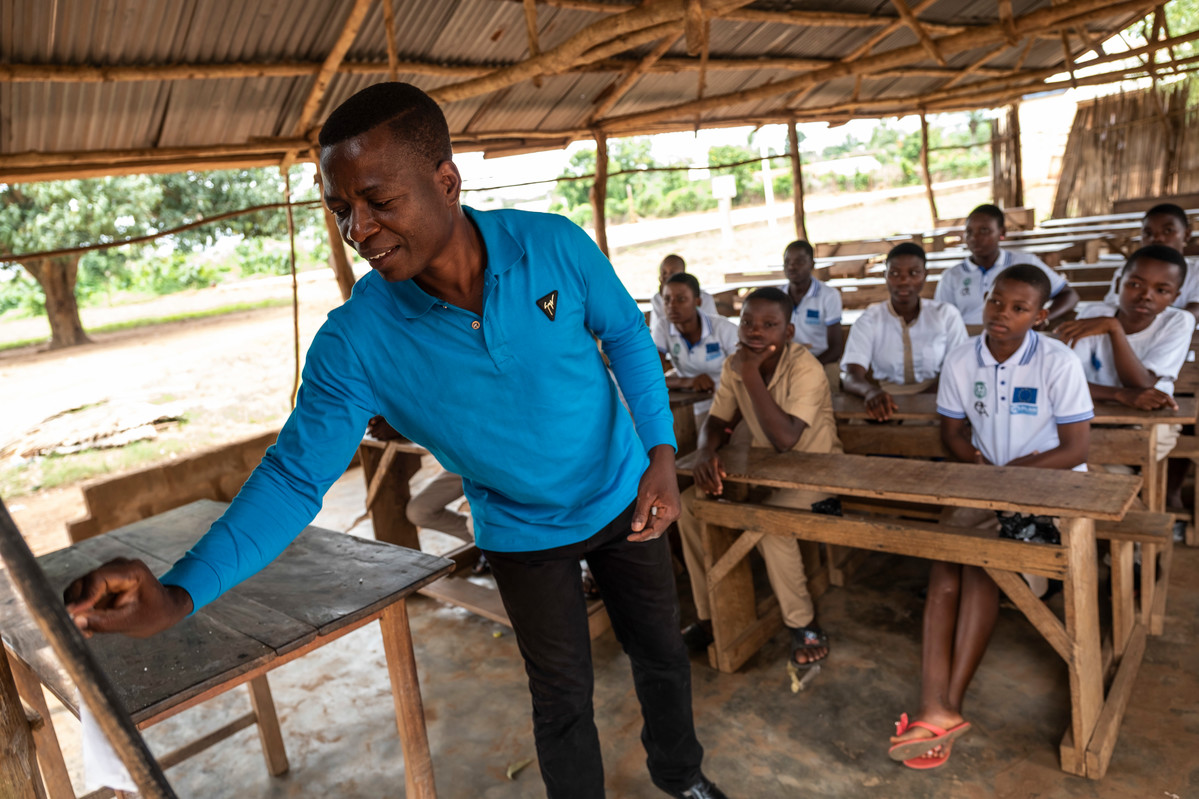
Emefa Charita Ankouy
Youth activist and student
“I'm studying for a degree in English and I'm a young activist volunteer with the IPPF youth movement. We promote, we try to help young girls who are in education to have more information about sexual health and reproduction to help them to adopt a method to avoid a pregnancy.
They don't have enough information about sexual health and reproduction. I think it's because of that that they've become pregnant. They want to have sex quite early. There is pressure and there's a lack of communication between the students and their parents. Here in Togo sex is taboo for everyone, above all for parents.”
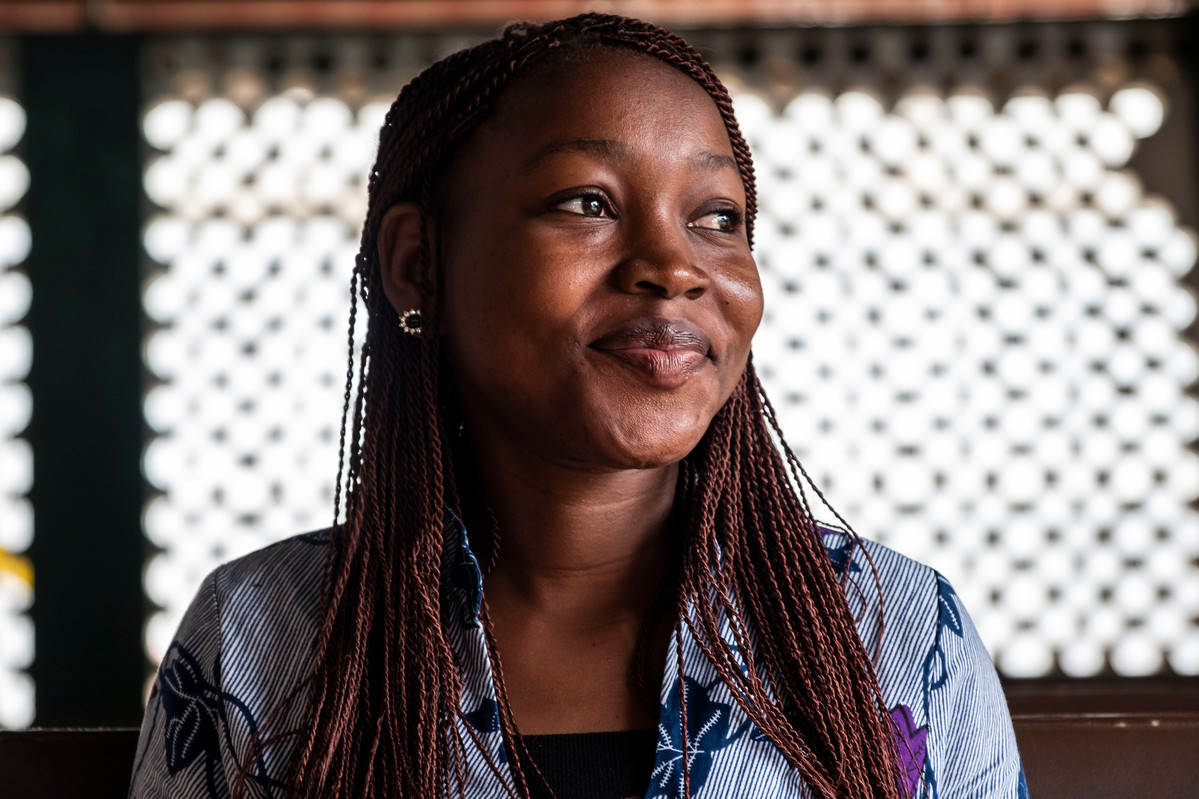
Evedoh Worou
Community Health Worker, Ilama
“The ones who prefer the pill are young students or apprentices. Often, they take it to reduce PMS, and it regulates their period. Sometimes women will forget to take the pill, which means the injection is preferred as it’s just once for three months.
The women here have more autonomy and they now have the space to earn money themselves for the household as a result of the programme. At the beginning, there were some reservations among the men in the community but after our awareness campaigns, more and more of them accompany women for family planning.”
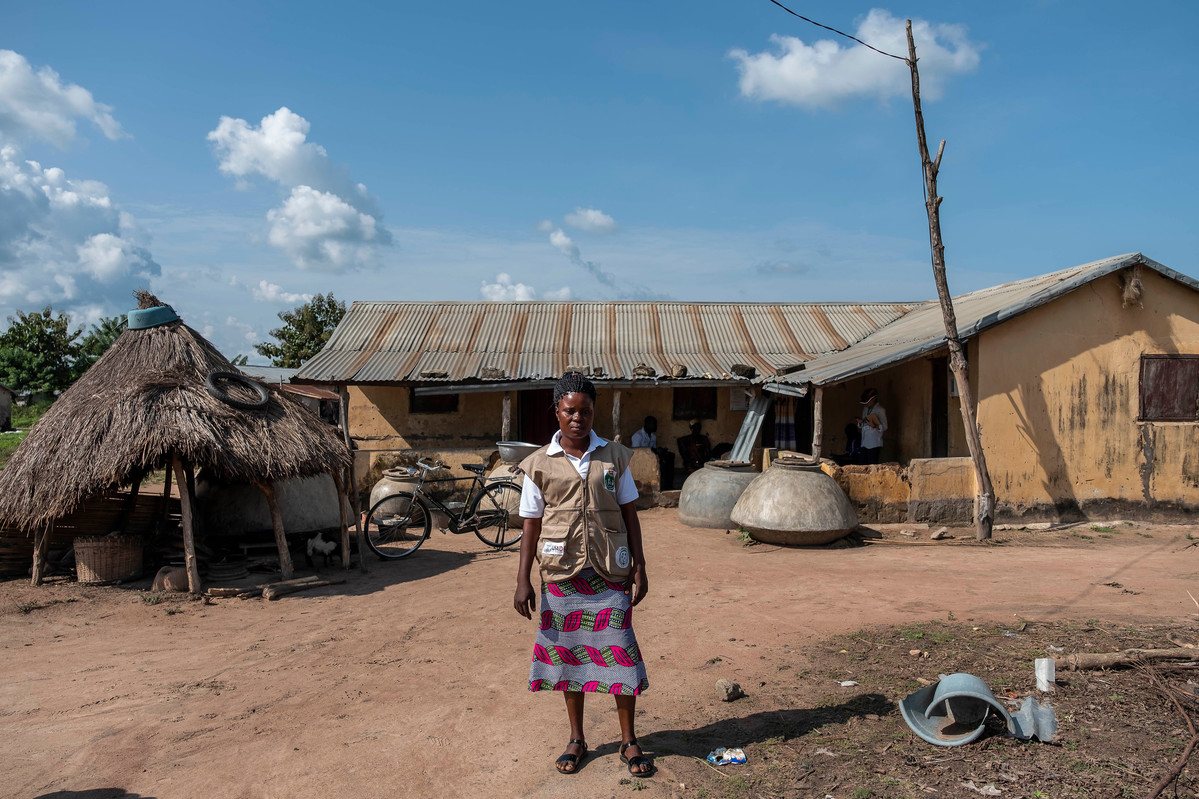
Photography by Xaume Olleros for IPPF
when
country
Togo
Subject
Contraception, Comprehensive Sex Education
Related Member Association
Association Togolaise pour le Bien-Etre Familial








